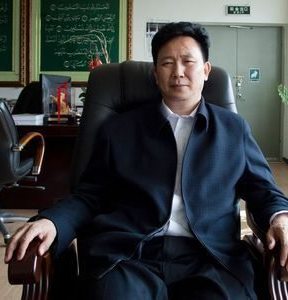Tea to tech: China’s cybersecurity push sparks a ‘gold rush’
Ex-American spy Snowden’s disclosures in 2013 of U.S. cyberspying and security holes in American technology products have prompted China’s government to accelerate a broad campaign to replace foreign technology with Chinese-developed systems. And that in turn has triggered a frenzy among state-affiliated software firms, investors and savvy businessmen - all hoping to capitalize on Silicon Valley’s waning grip over China’s $450 billion-a-year enterprise computing market. International venture capitalists say China’s start-ups are more attractive bets than before as Beijing is backing the enterprise computing sector much like it did Internet firms in the last decade.
Information security is vital to the interests of China and the interests of the Chinese people.
Zhang Long, Chinese tech entrepreneur
After the Snowden leaks, Microsoft said it would stop supporting Windows XP, leaving many computer systems potentially vulnerable to hackers. Incensed, Chinese leaders banned Windows 8 in retaliation, while antitrust regulators last year opened an investigation into Microsoft, focusing on its Windows and Office software sales practices. Charlie Dai, a senior analyst at Forrester, said a few Chinese firms, including Shanghai-based Standard Software and Wuhan-based Deepin, both part-owned by or tied to the central government, have created viable operating systems for desktop PCs, but Chinese banks are wary of using local software on servers that process the most critical data.
We’re in a new bubble because of Snowden. These bosses don’t need that much money or expertise to get into the game, but the payoff can be potentially large.
He Weijia, a former director at Chinese software firm Hongqi

Business China tech